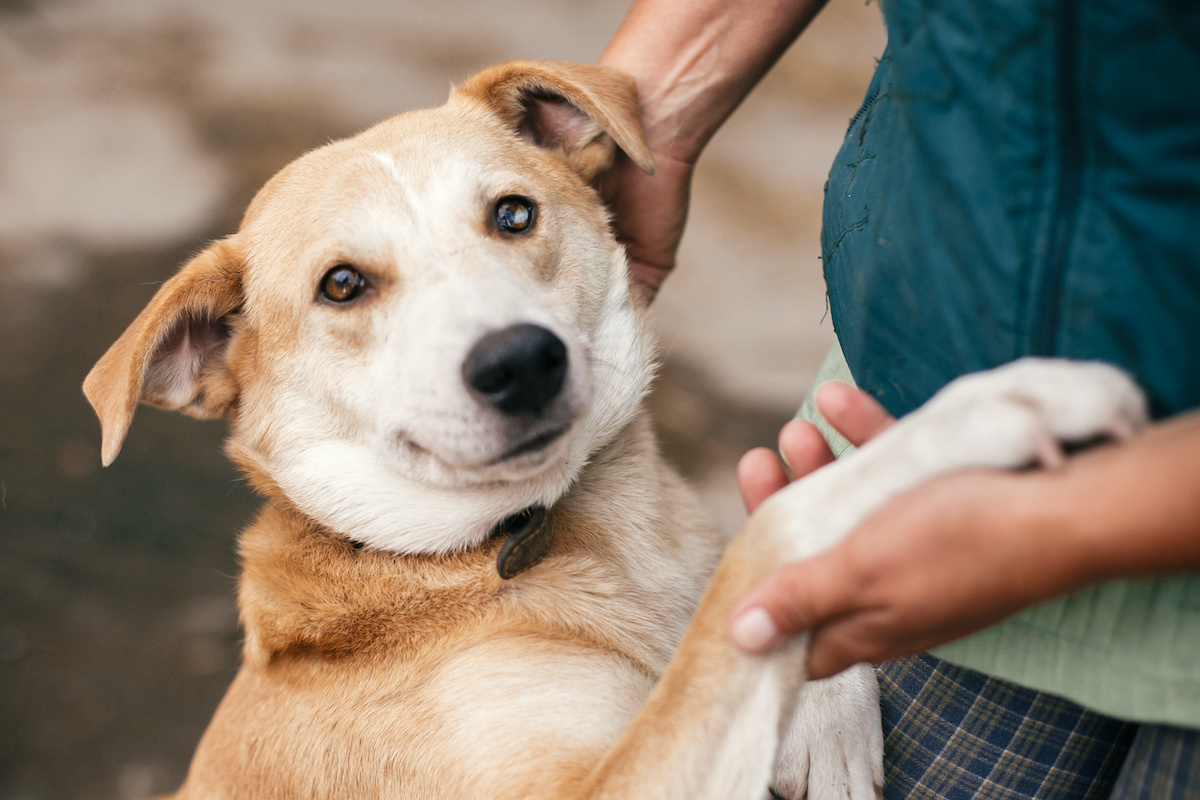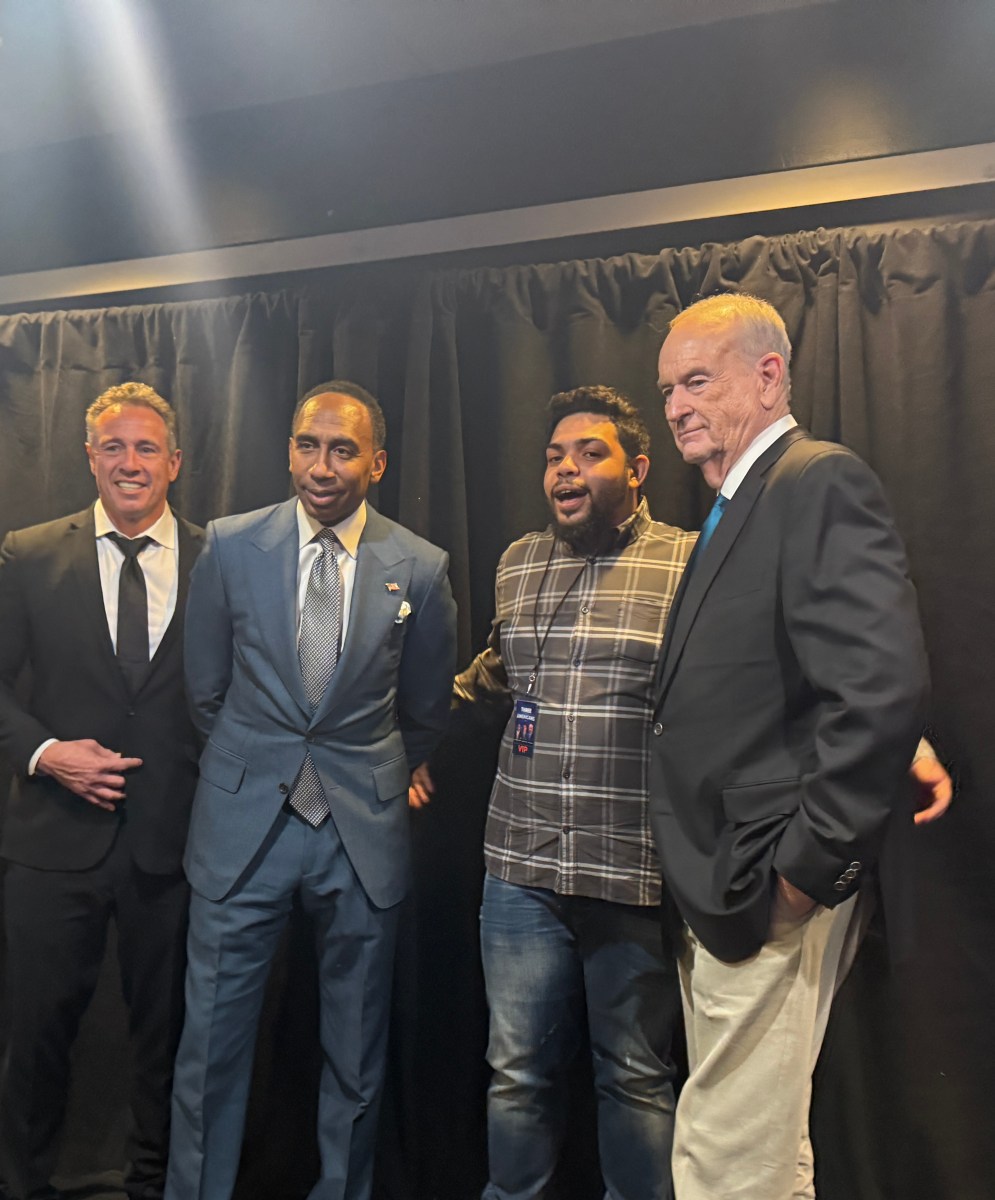Animal Shelters: Respite on the Road to a Forever Home

Animal shelters are vital, not just to their local communities but beyond—Animal Rescue Fund of the Hamptons (ARF), for example, recently undertook a rescue operation in Louisiana in the aftermath of Hurricane Laura—and COVID-19 has forced them to adapt to unprecedented conditions. As we head into the fall, East End animal shelters discuss the past year and how things look going forward.
“I am happy to say at ARF, our animals are doing great,” says ARF Executive Director Scott Howe. “We continue to rescue and adopt and we’ve figured out what, for us, are safe ways to do that. The pandemic has changed what normal operations look like, and for shelters across the country it’s changed. There’s a lot of precautions and considerations for people now. The concern now is about the drivers and the animal care people who do these trips. That’s something these shelters are trying to figure out, how to keep our staff safe.”
For rescues from the south, ARF has been working with partners who are driving the animals up and turning around, as well as meeting partners halfway to adhere to health guidelines and avoid possible COVID-19 transmission. “We’re coming up with new ways to get the animals here so that my team doesn’t have to stay overnight. If we follow the state’s recommendations—and we should and do follow them—I can claim exemptions with my team as essential workers so they can travel out of state and not necessarily quarantine but it doesn’t feel right. Those have been the things we’ve considered.” For ARF’s rescue trip to Lake Charles, they sent four team members. “The issue wasn’t shelters wanting to help in the Lake Charles area, it was organizations who could provide transport nationally,” says Howe. “ I had them tested for COVID-19 when they went, tested them when they returned and paid for their quarantine for 14 days.”
Of course, ARF also has deep local ties, including their expansive Operation Cat program, which helps spay, neuter and care for feral cats and colonies. “All of our cats and kittens are local kittens born on the East End to colonies of feral cats,” says Howe. “We’re focusing locally. We’ve found that people living out here full time, seven days a week, are realizing that they’re sharing their homes with a colony of cats! We have seen a number of calls this year so we continue to do that and practically all our kittens are local.” Howe recalls that a local contractor recently brought in a feral kitten found on a jobsite, and that local contractors and landscapers are often the ones who find these colonies.
During the height of the lockdown, ARF was very careful about their use of personal protective equipment (PPE), which is used by staff for animal medical procedures. “We were very concerned and wanted to be mindful as to what our role was in the larger community as a whole. We donated our excess PPE to Southampton Hospital,” says Howe.
Southampton Animal Shelter Foundation (SASF) adapted in similar ways during the pandemic. “Since March, when COVID-19 rules went into effect, we have found loving homes for 222 cats, 246 dogs and 22 small pets,” says Director of Adoptions and Public Relations Kate McKentee. To facilitate these adoptions during the quarantine, SASF introduced Roadside Adoptions & Fosters, “a program designed to help our pets find their foster and forever homes in a sanitary, social-distance-friendly fashion!” McEntee told Dan’s Papers in March. “For cats, we have been hosting Skype and FaceTime interviews with their potential adopters prior to in-person meetings. The cats have been responding very well to the virtual meetings and it is fun for families, as well.”
Volunteering is a large part of any animal shelter, and for ARF, the focus has shifted to finding volunteer foster families. “Our existing volunteers are back but they’re only walking dogs by scheduled appointments,” says Howe. “New volunteer opportunities are shifting to fostering, which would be short-term. It can be two weeks or six months. We’re trying to build a new network of foster families. COVID-19 taught shelters that they could maintain their mission, even if they needed to reduce capacity in their shelters, to divert animals to foster homes.”
For both SASF and ARF, the aid of the community has been integral to their success during 2020. “We would like to acknowledge and thank the community for their support and for adopting shelter pets during these times,” says SASF Executive Director Joseph Sprague. Howe echoes the sentiment. “One of the things we’re so grateful for here is that this community has been fantastic in supporting us from March all the way through. That’s one of the amazing things about the Hamptons. It makes great things possible. It means that all the wealth out here can make a difference in people’s lives. Our community has stepped forward in ways that once again proves how extraordinary this place is to call home.”



